Collection

Our analysis of the government's announcements on levelling up.
Explainers
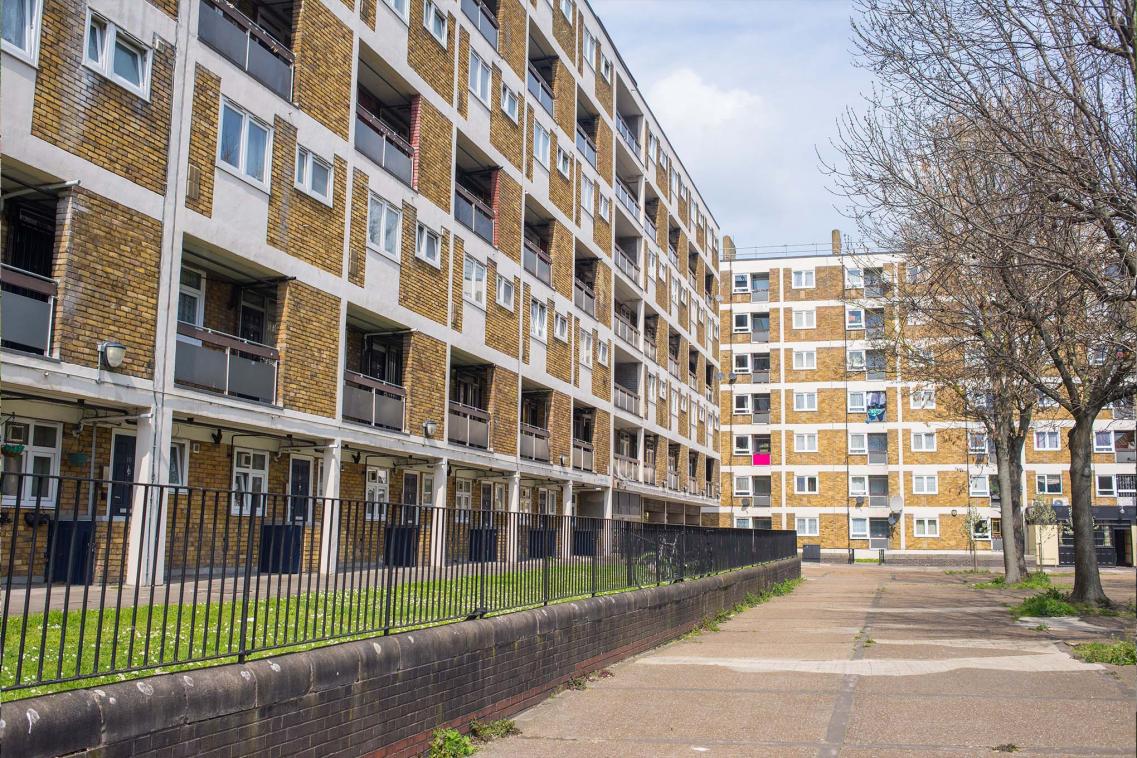
'Levelling Up' explained
2 October 2020

Investment, infrastructure and levelling up
9 July 2020
Analysis
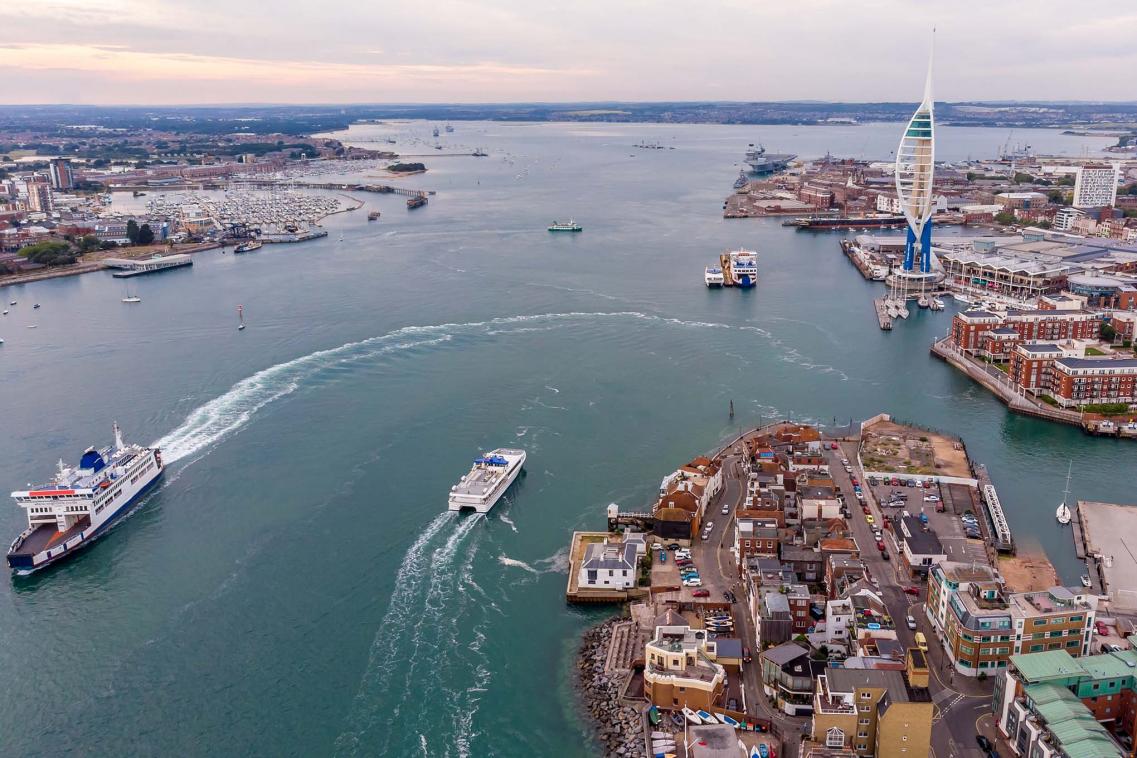
Freeports and Investment Zones – what sorts of things should we consider when assessing whether they are good policy?
10 March 2023

Freeports: What are they? What do we know? And what will we know?
10 March 2023
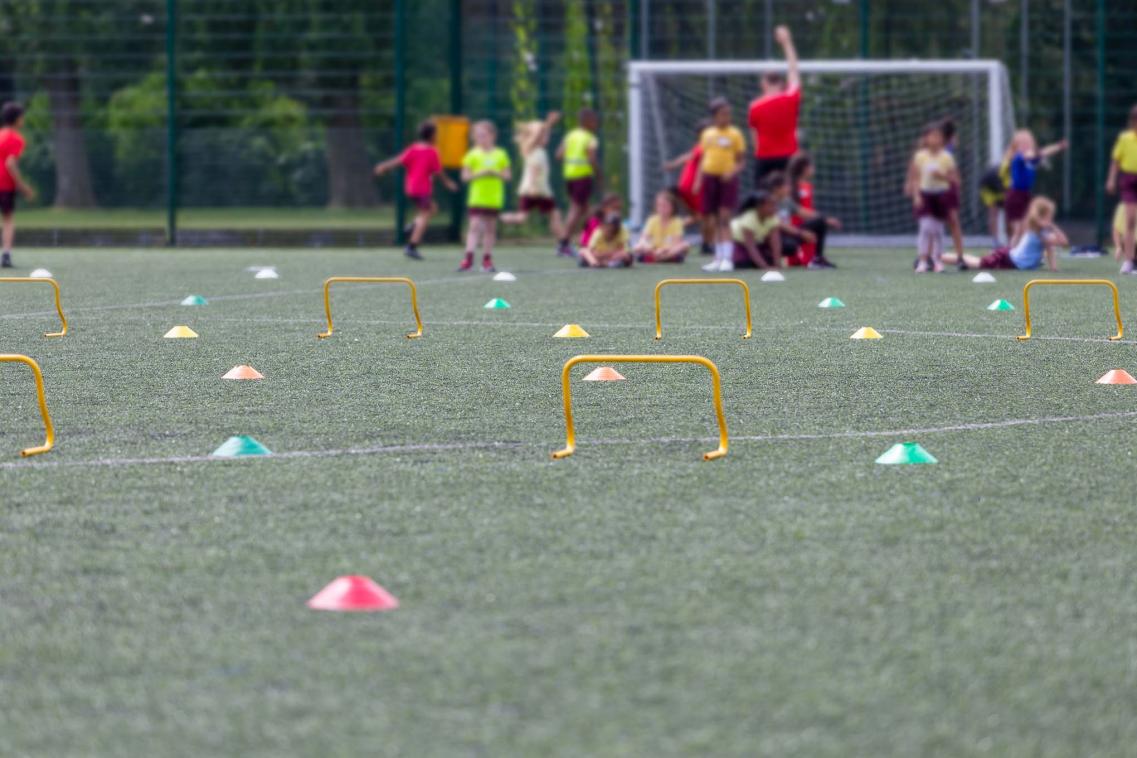
The poor are failed most by our inability to reform local services
24 October 2022

Does funding follow need? An analysis of the geographic distribution of public spending in England
20 October 2022
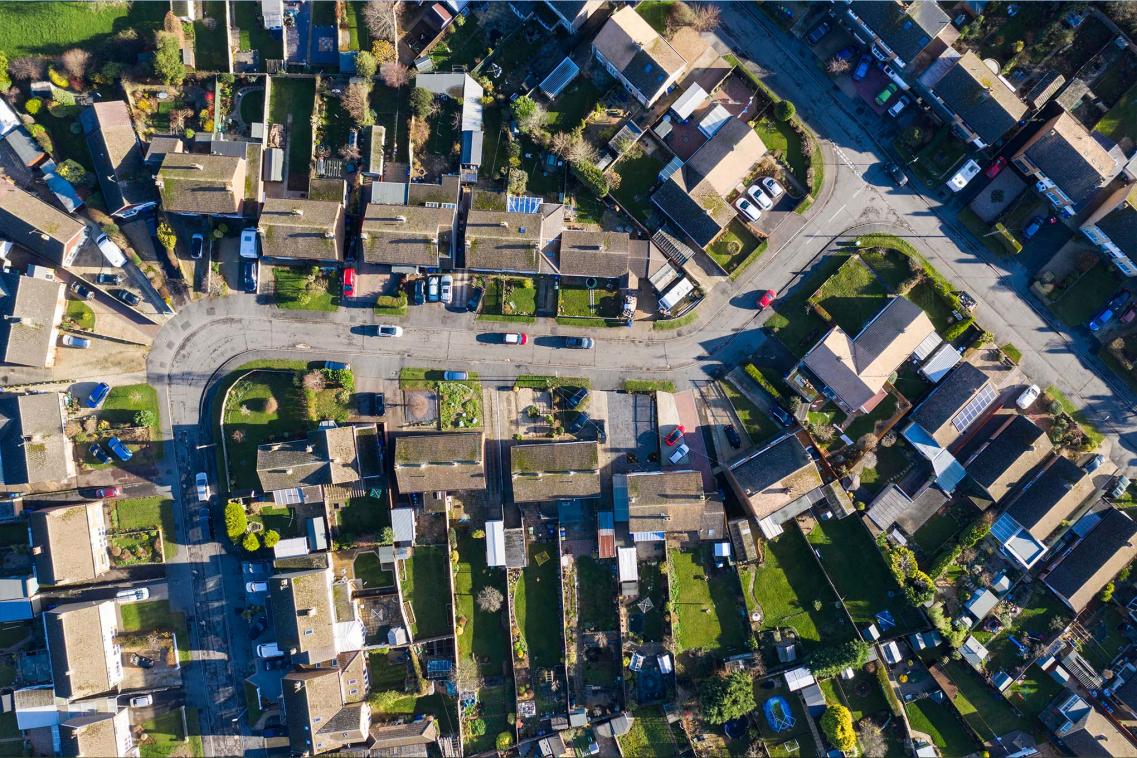
Will the Fair Funding Review be another damp squib?
Last month the government finally announced how its replacement for EU regional development funding – the Shared Prosperity Fund – will be allocated across the country.
11 May 2022
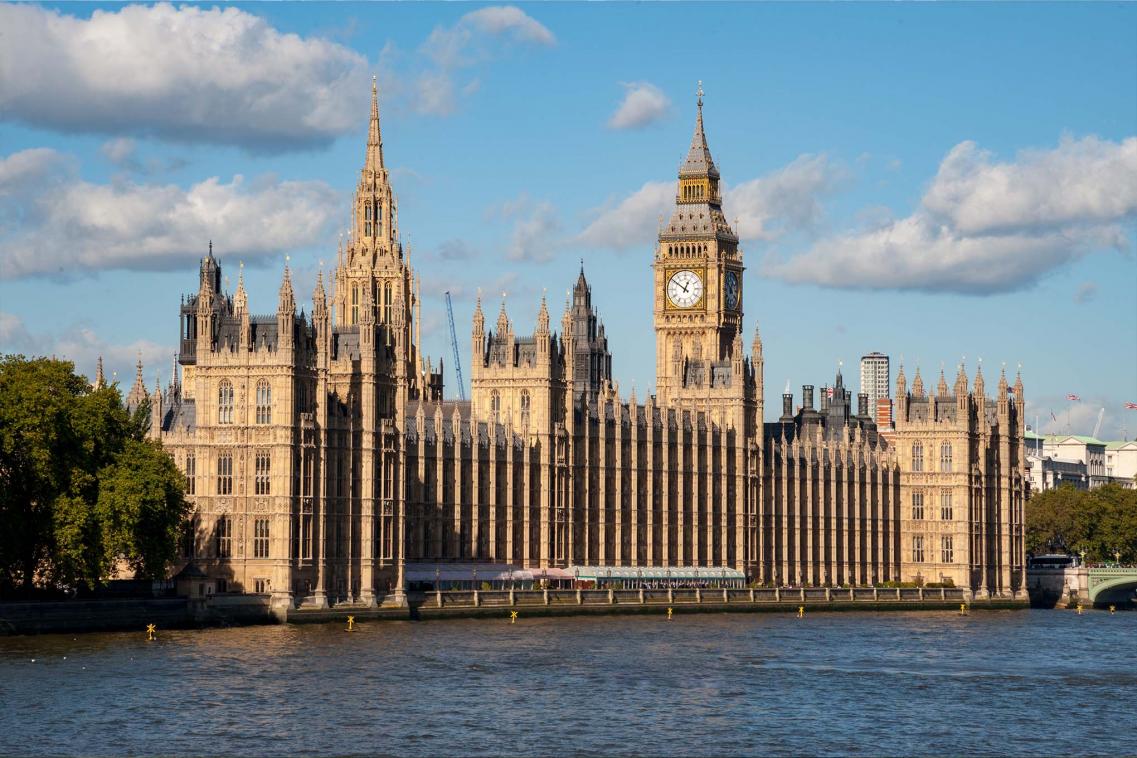
IFS response to UK Shared Prosperity Fund
It is disappointing that the UK government has ‘taken back control’ only to stick to an arbitrary, poorly designed, out-of-date funding allocation mechanism.
13 April 2022

Is public service spending aligned with the ‘levelling up’ agenda?
The allocation of public spending is one the most direct levers for ‘levelling up’ health, wealth and well-being. But is policy aligned with the government’s stated aims?
18 March 2022
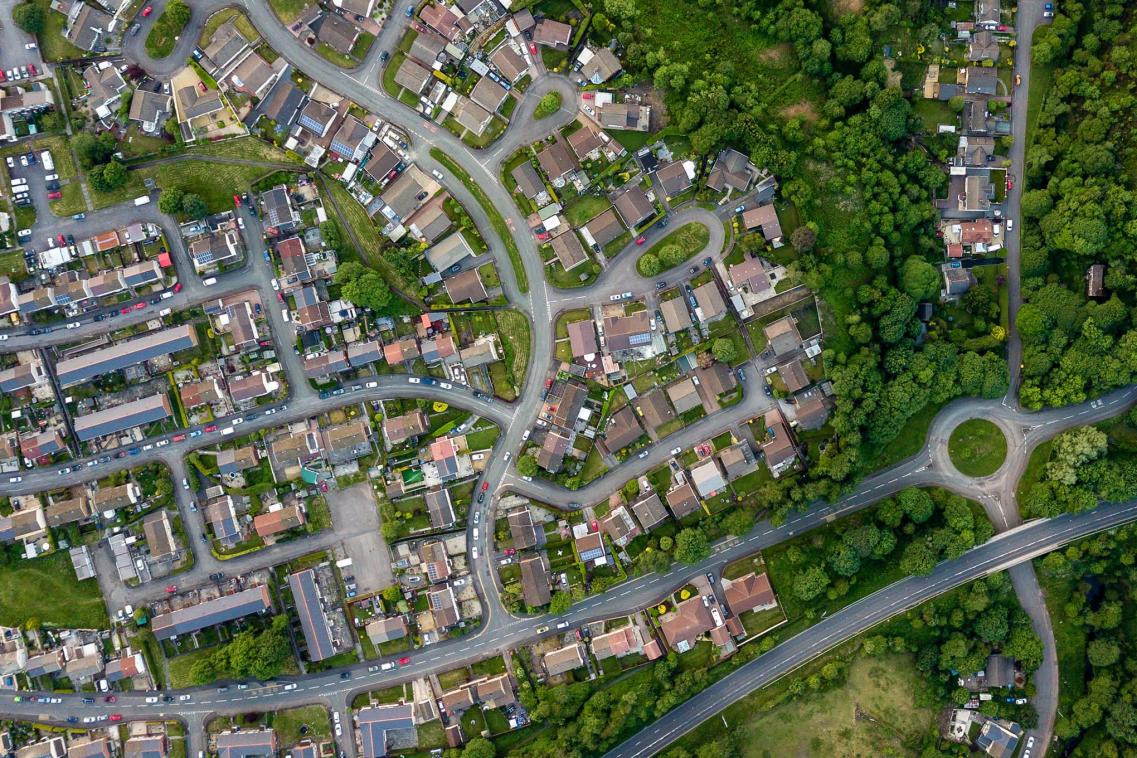
Spatial disparities across labour markets
2 February 2022
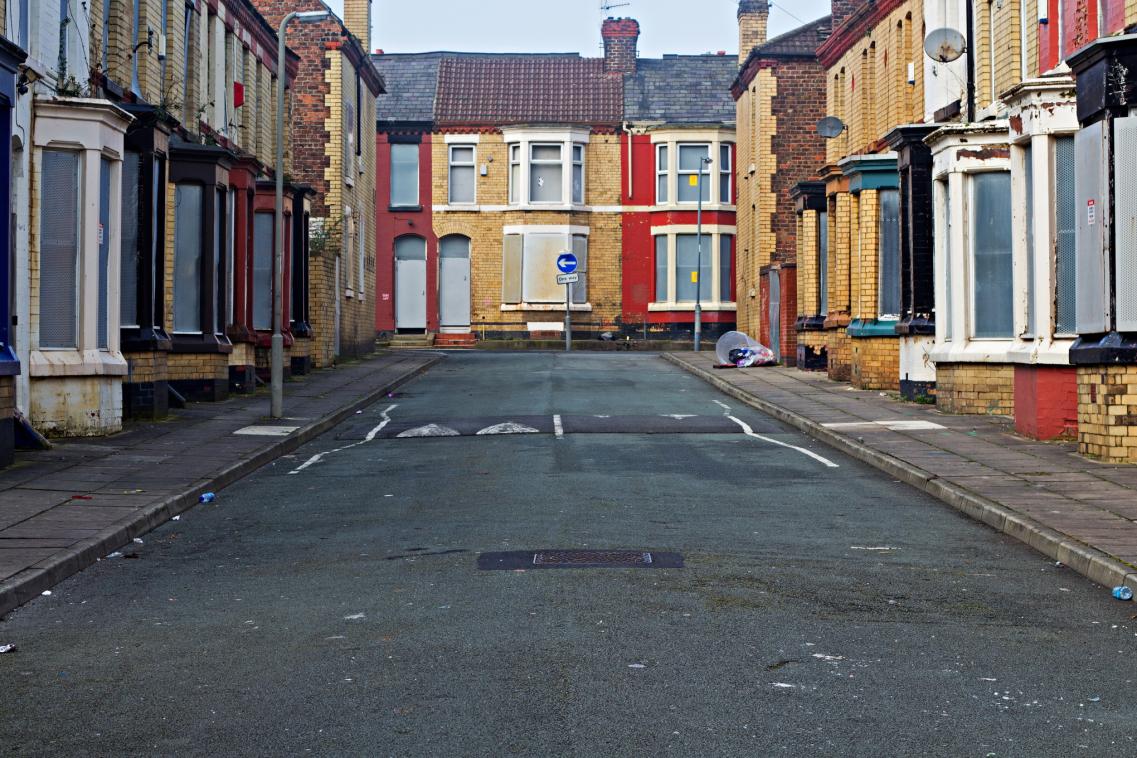
Challenges for levelling up
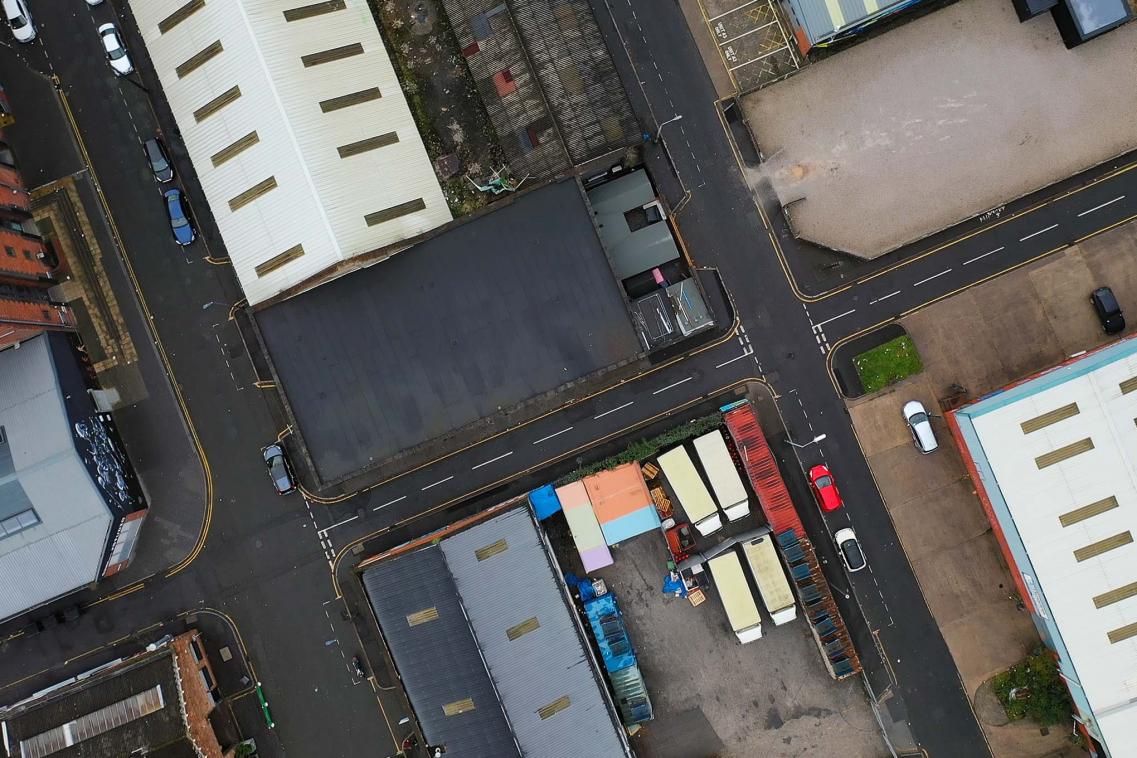
An initial IFS response to the government's Levelling Up White Paper
2 February 2022

Response to government's Levelling Up White Paper
The Levelling Up White Paper is just the latest of efforts to tackle regional inequalities. What does it tell us about this government’s approach? And how likely is it to succeed where others have failed?
4 February 2022
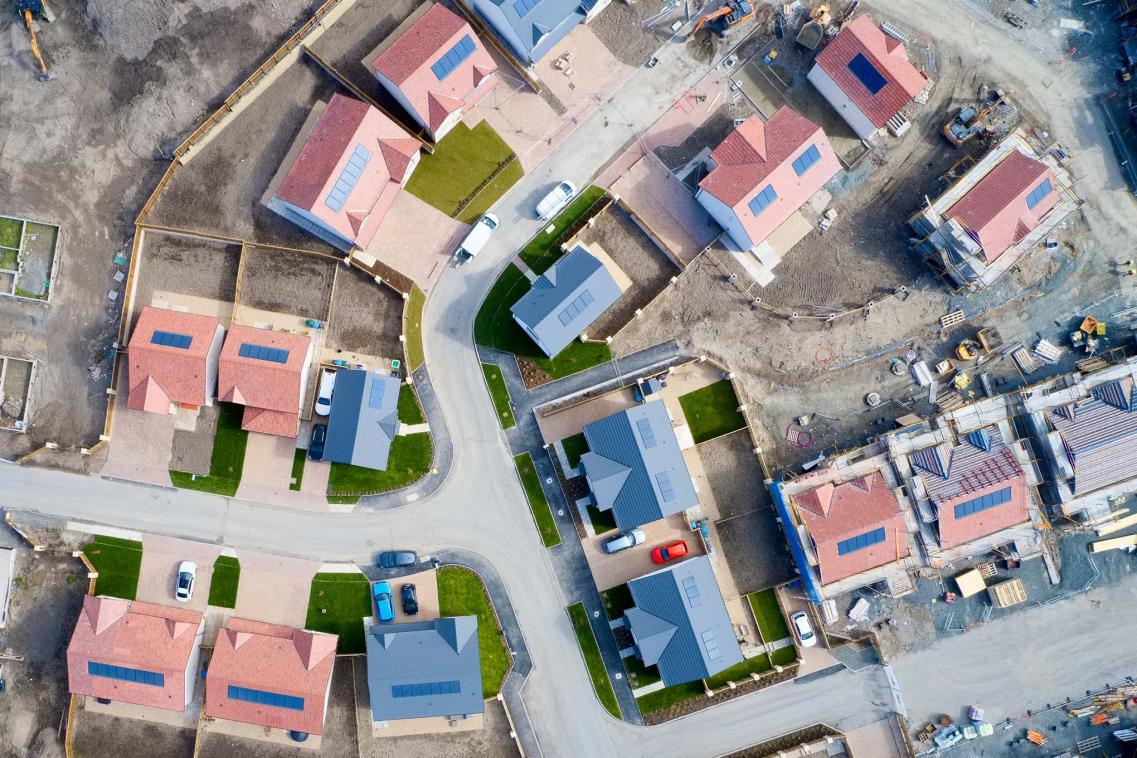
IFS pre-release 'stress test' for the Levelling Up White Paper
1 February 2022

Education spending changes put a major brake on levelling up
30 November 2021

Education spending: resourced for levelling up?
The next few years are likely to be particularly challenging for schools, colleges, universities and nurseries. This event examined how education spending can be best set to support levelling up and narrow inequalities.
30 November 2021

The growing gap between state school and private school spending
8 October 2021

Whatever levelling up might mean, there’s an age-old problem to tackle
"We’ll know we are on the way to levelling up when differences in health and life expectancy across the country start to drop. Sadly, that’s one measure of inequality that has clearly been moving in the wrong direction over the past decade." Paul Johnson writes for The Times on levelling up.
19 July 2021

IFS Green Budget 2020: Challenges for the Spending Review and levelling up
At this event, IFS researchers presented the findings of two chapters of the 2020 IFS Green Budget, addressing the big questions around the 2020 Spending Review and ‘levelling up’.
2 October 2020

Economic disruption from COVID-19 and Brexit will complicate the levelling-up agenda
2 October 2020

Levelling up: where and how?
2 October 2020

Catching up or falling behind? Geographical inequalities in the UK and how they have changed in recent years
The COVID-19 crisis has brought to the fore increasing concerns about inequalities not only between different population groups – such as the gap between the rich and poor, young and old, and different ethnic groups – but also between people living in different places. Even prior to the crisis though, there was a sense that the UK is not only a highly geographically unequal country, but also an increasingly geographically unequal one.
3 August 2020

Sharing prosperity? Options and issues for the UK Shared Prosperity Fund
European Structural and Investment (ESI) funds help to pay for initiatives supporting business development, research and development, investment in digital and green infrastructure, as well skills and training interventions and support for job-seekers. But with the UK having formally departed the European Union, the country will stop receiving new ESI funding at the end of 2020. Thus, for 2021 and beyond, the UK government faces choices over what to replace ESI funding with.
13 July 2020

Brexit offers an opportunity to rationalise regional funding schemes. It’s past time government announced what it will do
13 July 2020


Levelling up: what might it mean for public spending?
Much has been made of the Government’s promise to ‘level up’ across the UK.
9 March 2020
Authors

Associate Director
Christine's research examines inequalities in children's education and health, especially in the early education and childcare sector.

Director
Paul has been the Director of the IFS since 2011. He is also currently visiting professor in the Department of Economics at University College London.

Robert Joyce

Associate Director
David is Head of Devolved and Local Government Finance. He also works on tax in developing countries as part of our TaxDev centre.

Senior Research Economist
Imran joined the IFS in 2019 and works in the Education and Skills sector.

Senior Research Economist
Xiaowei joined the IFS in 2018 and works in the Income, Work and Welfare sector.

Associate Director
Ben joined the IFS in 2017 and works across a range of areas, including UK fiscal policy and the productivity of the health and social care system.
Collection details
- Publisher
- Institute for Fiscal Studies
More from IFS
Understand this issue

Drastic times need drastic action: breaking the 50-year tax taboo
Rachel Reeves should consider increasing the basic rate, just as Denis Healey did in 1975
14 April 2025
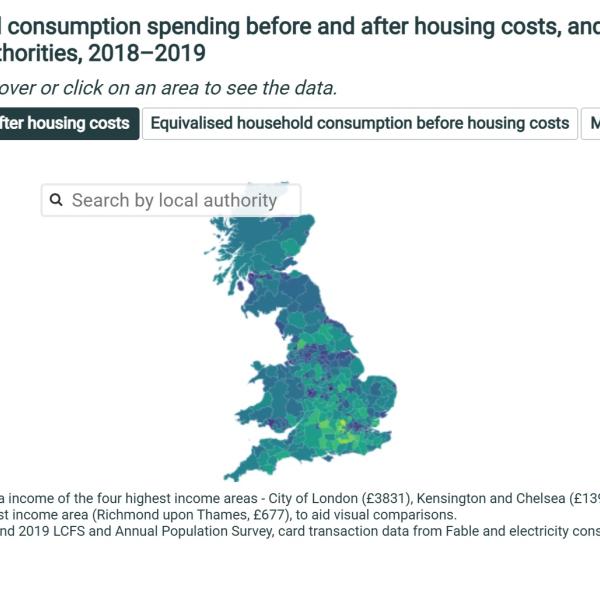
Average household consumption spending before and after housing costs, and mean weekly per-capita income, in different local authorities, 2018–2019
Londoners may have the highest average incomes, but their household spending once you account for housing costs is lower than other regions.
11 April 2025
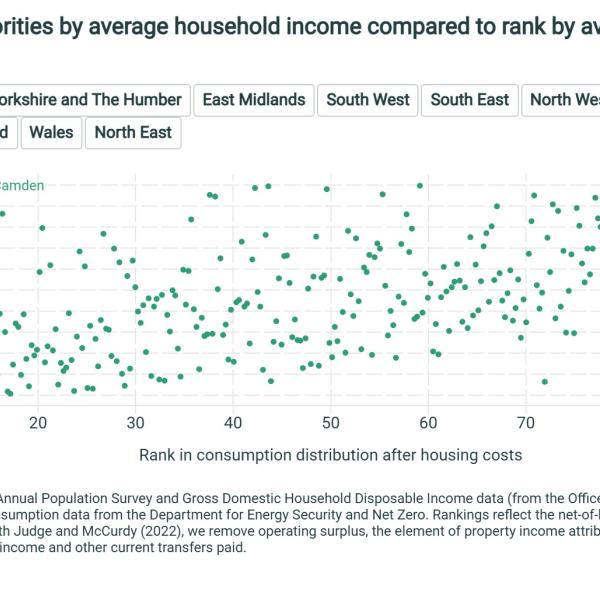
Rank of local authorities by average household income compared to rank by average consumption after housing costs
On average, London local authorities rank at the top of the income distribution, but are bottom of the net-of-housing consumption distribution.
11 April 2025
Policy analysis

Which places have the highest standard of living?
Measuring living standards using average household spending gives a starkly different picture of regional inequalities than using average income.
11 April 2025

Where and how does the government spend its money?
Explore how and where the government spends money, and how this has changed over time, in all regions and nations of the UK
10 April 2025

Scottish Fiscal Sustainability Report – immediate response
Today’s SFC report highlights the fiscal challenges facing the Scottish and UK governments over coming decades.
8 April 2025
Academic research
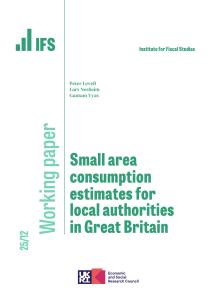
Small area consumption estimates for local authorities in Great Britain
In this paper, we estimate average equivalised consumption measures across local authority districts in Great Britain.
11 April 2025
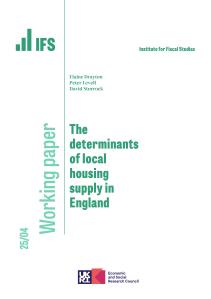
The determinants of local housing supply in England
We estimate local housing supply elasticities for 325 local authorities and 6,788 census tract areas in England.
4 February 2025
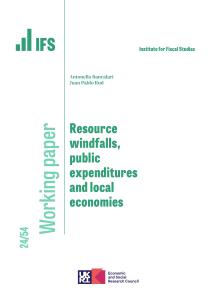
Resource windfalls, public expenditures and local economies
We show that the redistribution of natural resource tax revenues to non-extractive municipalities stimulates economic activity in local economies.
18 November 2024